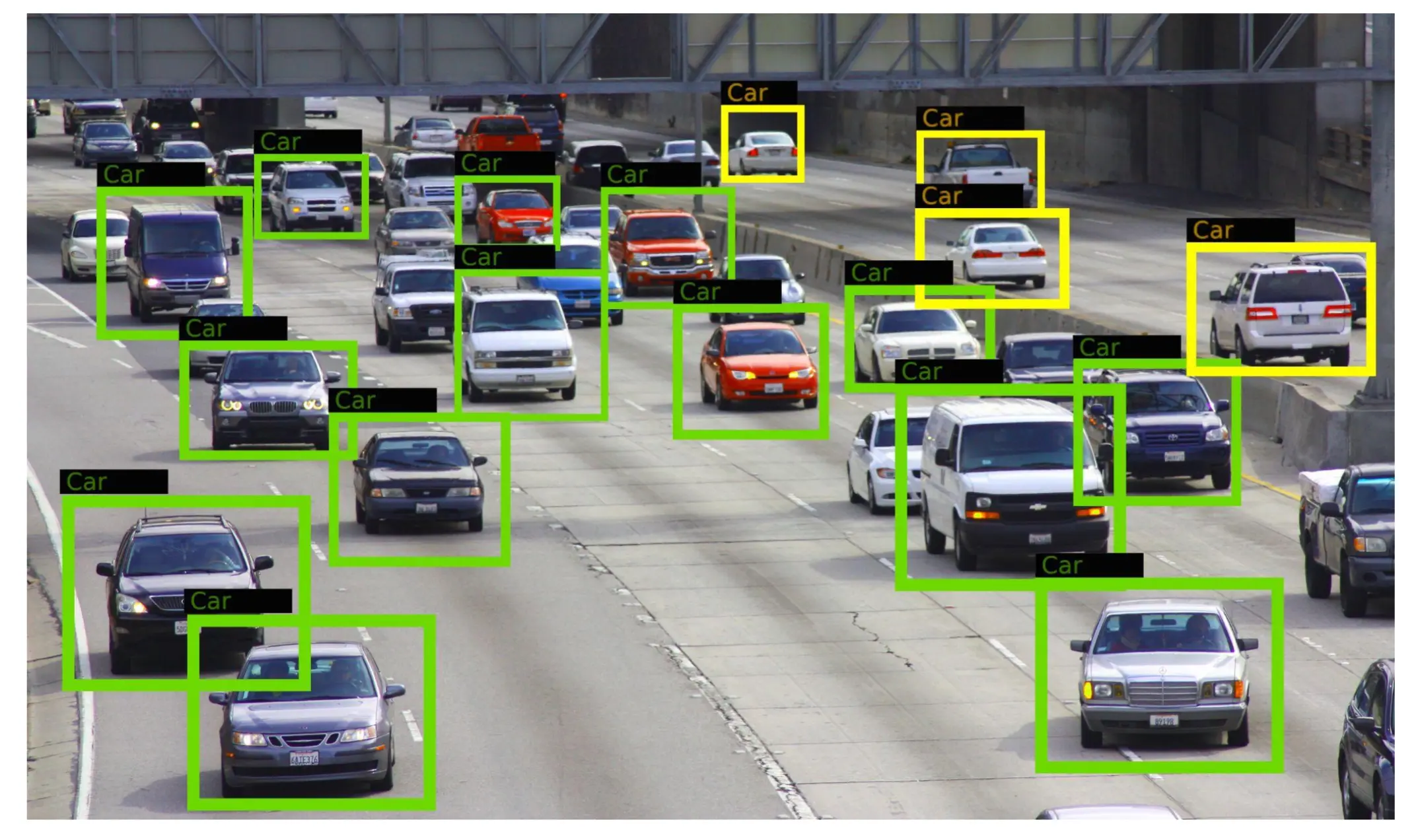- Publication: Information Technology Agency (City of Los Angeles)
- Publication Date: June 2024
- Organizations mentioned: Information Technology Agency (ITA), City of Los Angeles, Google, Amazon Web Services (AWS), Microsoft
- Technical background required: Medium
- Estimated read time (original text): 30 minutes
- Sentiment score: 75%, somewhat positive (100% being most positive)
This report outlines the City of Los Angeles’ Artificial Intelligence (AI) Roadmap, detailing current Al usage, ethical considerations, and a plan for implementing Al tools and training across city departments. The purpose is to guide the responsible and effective adoption of Al technologies to improve city operations and services.
TLDR
Goal: The Information Technology Agency (ITA) of Los Angeles developed this Al Roadmap in response to City Council Motion, Council File No. 23-1020. The report aims to guide the responsible and effective adoption of Al technologies across city departments, improving operations and services for over 4 million Angelenos. This initiative was influenced by the rapid rise of Al tools like ChatGPT, as a reaction to its massive technological influence.
Methodology:
- The ITA conducted a survey of all City of Los Angeles departments about their current and planned usage of Al tools through the citywide Information Technology Policy Committee (ITPC).
- Best practices were researched from industry subject matter experts, including Gartner Inc., a major Big 4 technology consulting company with a specialized Al practice, professors at the University of Southern California (USC) Viterbi School of Engineering, technology vendors, and various periodicals.
- The report synthesized information on federal, state, and local Al regulations and guidelines, including President Biden’s Executive Order on Al and California’s AI A. V Accountability Act, to inform the roadmap’s development.
Key Findings
- Current Al usage in City departments is limited, with only a few departments using tools like chatbots, generative Al for non-private content creation, and coding assistance. However, there’s significant potential for expansion, with plans to implement Al in areas such as customer support, productivity enhancement, cybersecurity, and image recognition.
- The report identified three categories of Al tools: Embedded AI Tools in existing software (e.g., Google Workspace), Artificial Intelligence-as-a-Service (AlaaS) cloud services, and Vendor-Built Custom Al Solutions. Most Al tool usage is expected to fall into the first category, with embedded Al becoming an enhanced service within existing software solutions.
- Ethical considerations are crucial in Al adoption. The report highlights privacy risks, bias, misrepresentation, accuracy concerns, intellectual property issues, and potential job impacts as key ethical challenges that need to be addressed in the City’s Al strategy.
- The City’s Al adoption strategy focuses on two distinct user segments: City Employees & Managers (Al Users) and IT Professionals (AI Developers). This segmentation recognizes the different needs and skill levels needed for effective AI implementation and usage across the City’s workforce.
Glossary
- Embedded AI Tools: Al functionalities integrated into existing software solutions like Google Workspace, ServiceNow, and Salesforce.
- Al Users: City Employees and Managers who will use Al tools made available to them, primarily through embedded Al in existing software.
- Al Developers: IT Professionals who develop or configure Al tools for City departments.
- Digital Code of Ethics: A proposed citywide document articulating the City of Los Angeles’ ethical standards and principles in the use of technology and data.
- AI Playbook: A planned resource for IT Developers across the City of Los Angeles, detailing Al technologies, frameworks, benefits, potential issues, use cases, and implementation roadmap.
- MyLA311 mobile application Al tool: A proposed Al enhancement to the existing MyLA311 app, using AWS Vision Al to auto-populate service request details from user-submitted photos.
- 3-1-1 Call Center Al Virtual Agent: A planned implementation of AWS Connect Virtual Agent to assist 3-1-1 Call Center Operators with simple service requests and reduce call wait times.



 Join hosts Anthony, Shane, and Francesca for essential insights on AI's impact on jobs, careers, and business. Stay ahead of the curve – listen now!
Join hosts Anthony, Shane, and Francesca for essential insights on AI's impact on jobs, careers, and business. Stay ahead of the curve – listen now!

